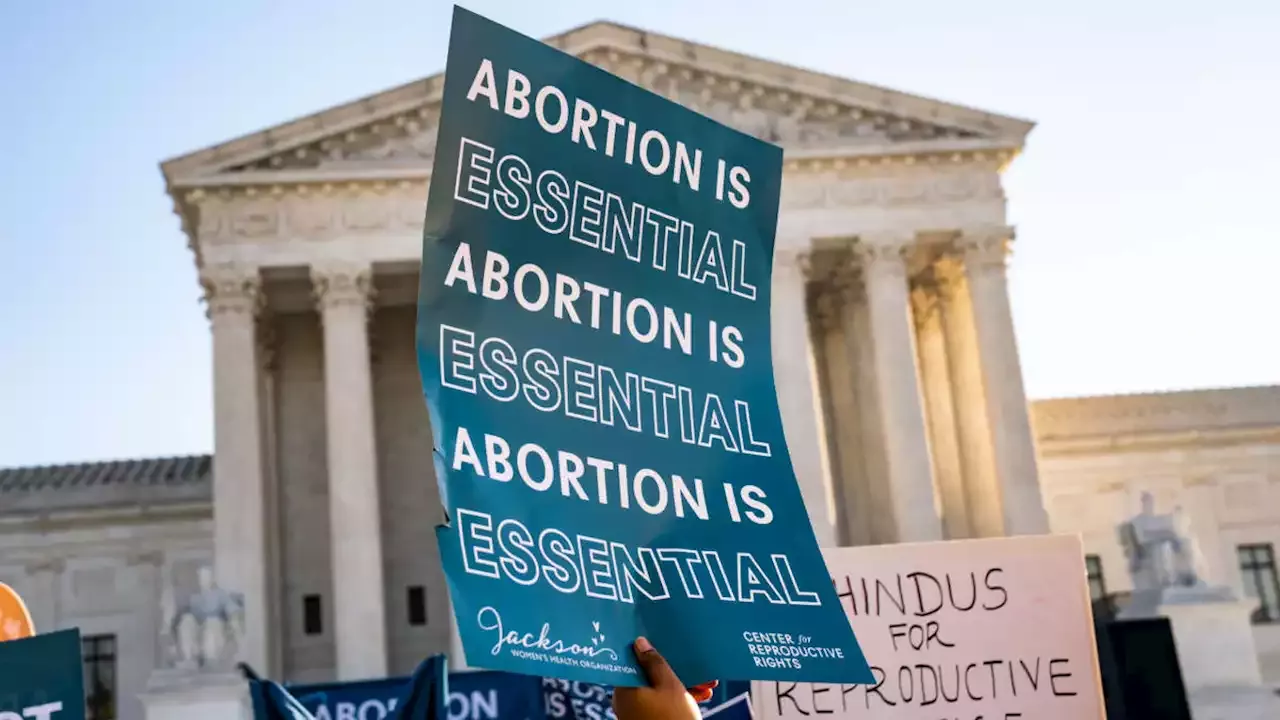Abortion funds support people's overall right to or not to parent and be safe and secure in their own decision-making.
, looking at the complete person and making sure that Indigenous women and pregnant people are protected in their rights “to equitable and culturally safe health options through accessible health education, resources and advocacy.”
Meanwhile, low-income people everywhere face severe barriers to abortion access. Named for Republican Congressman Henry Hyde from Illinois, theand in general, restricts the use of federal funds for abortion services. Such restrictions encumber the ability of lower-income people to be able to get access if the pregnancy is not directly related to the extremely limited instances outlined in the legislation.
“They’re conscious of the repercussions of what that policy could have on them,” Martin said. “And a lot of our community members have to travel far distances just for groceries or gas, or even to haul water and wood.” Martin joined Indigenous Women Rising in 2018 as a volunteer to initially help with the launch of the abortion fund. Now, almost four years later, they are assisting Indigenous women and pregnant people across the country. As of early November 2021, the fund had supported requests from around 500 people.
Based in New Mexico, Indigenous Women Rising has worked with local providers to have better cultural awareness in providing care. Martin cited reports about Lovelace Women’s Hospital violating the rights of Indigenous pregnant people early in the pandemic as an example of why culturally responsive work around reproductive justice is important.
